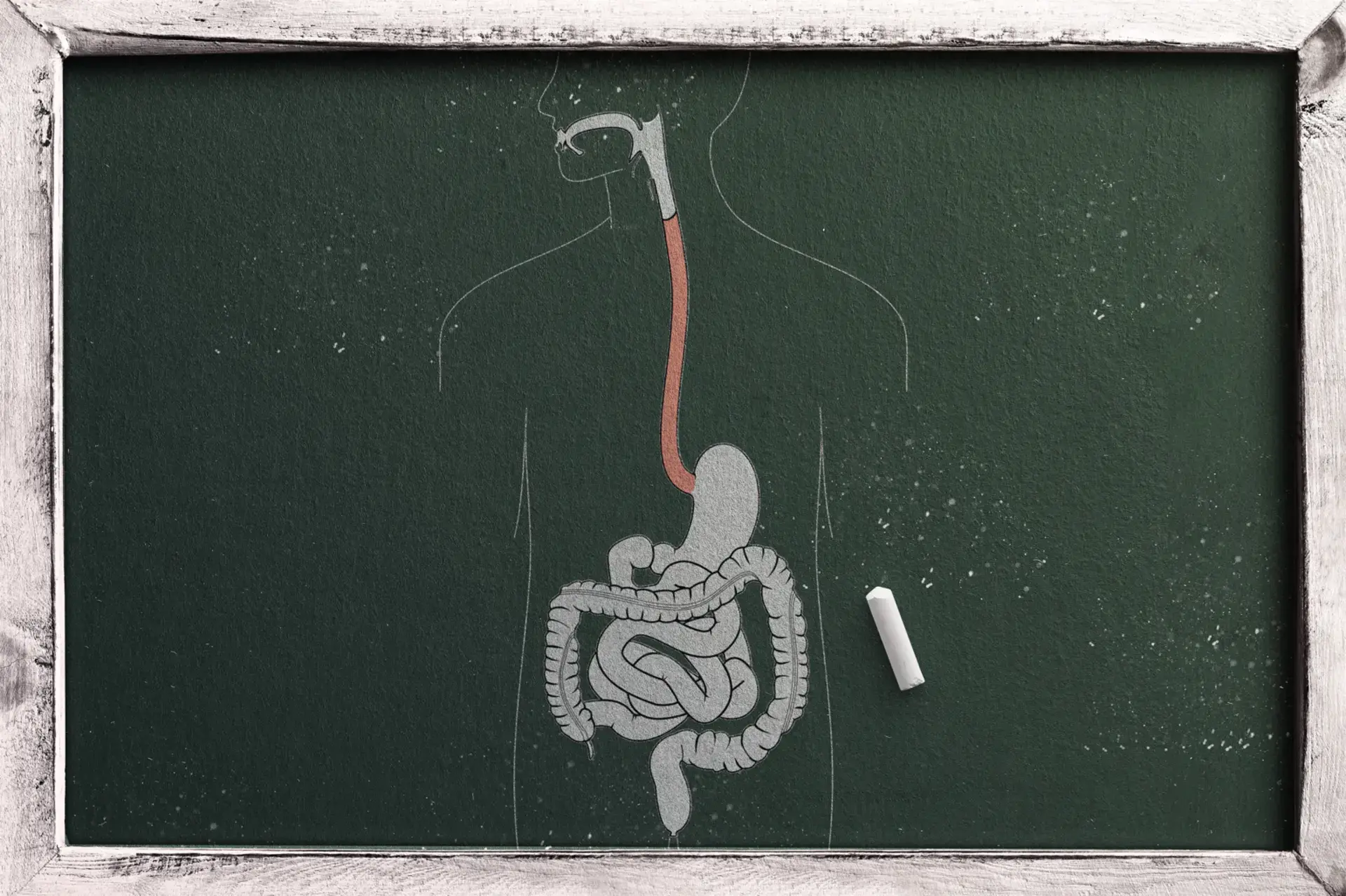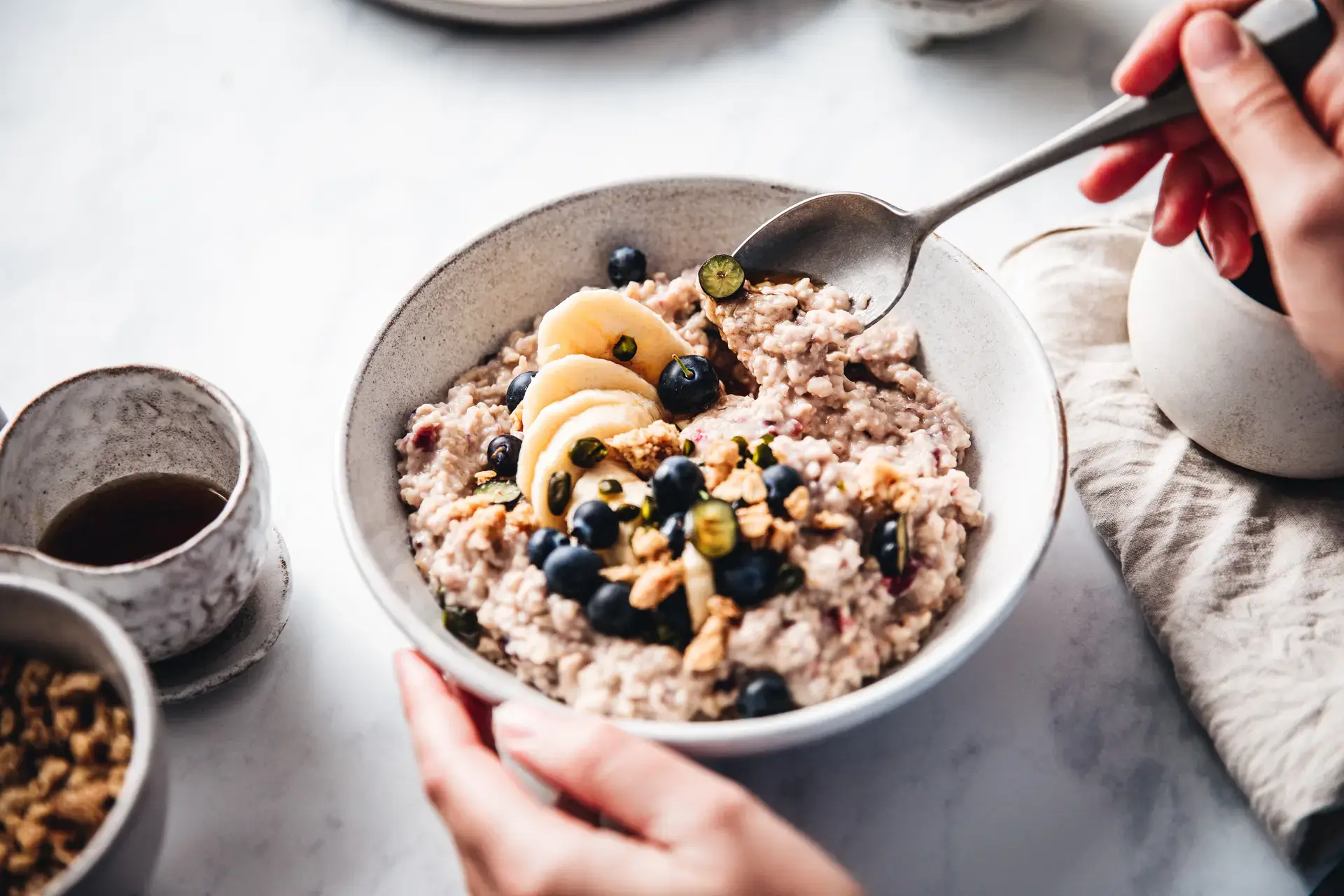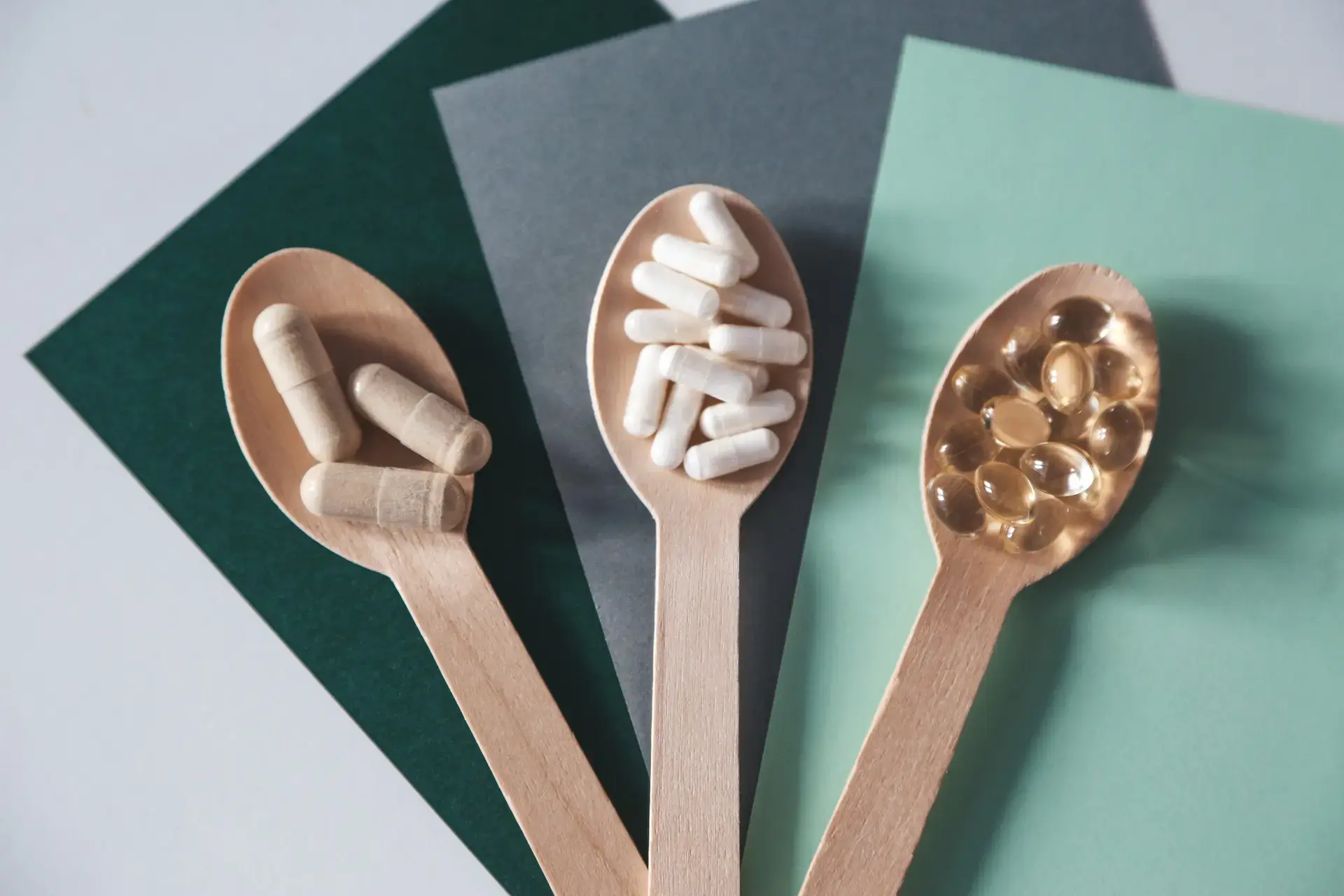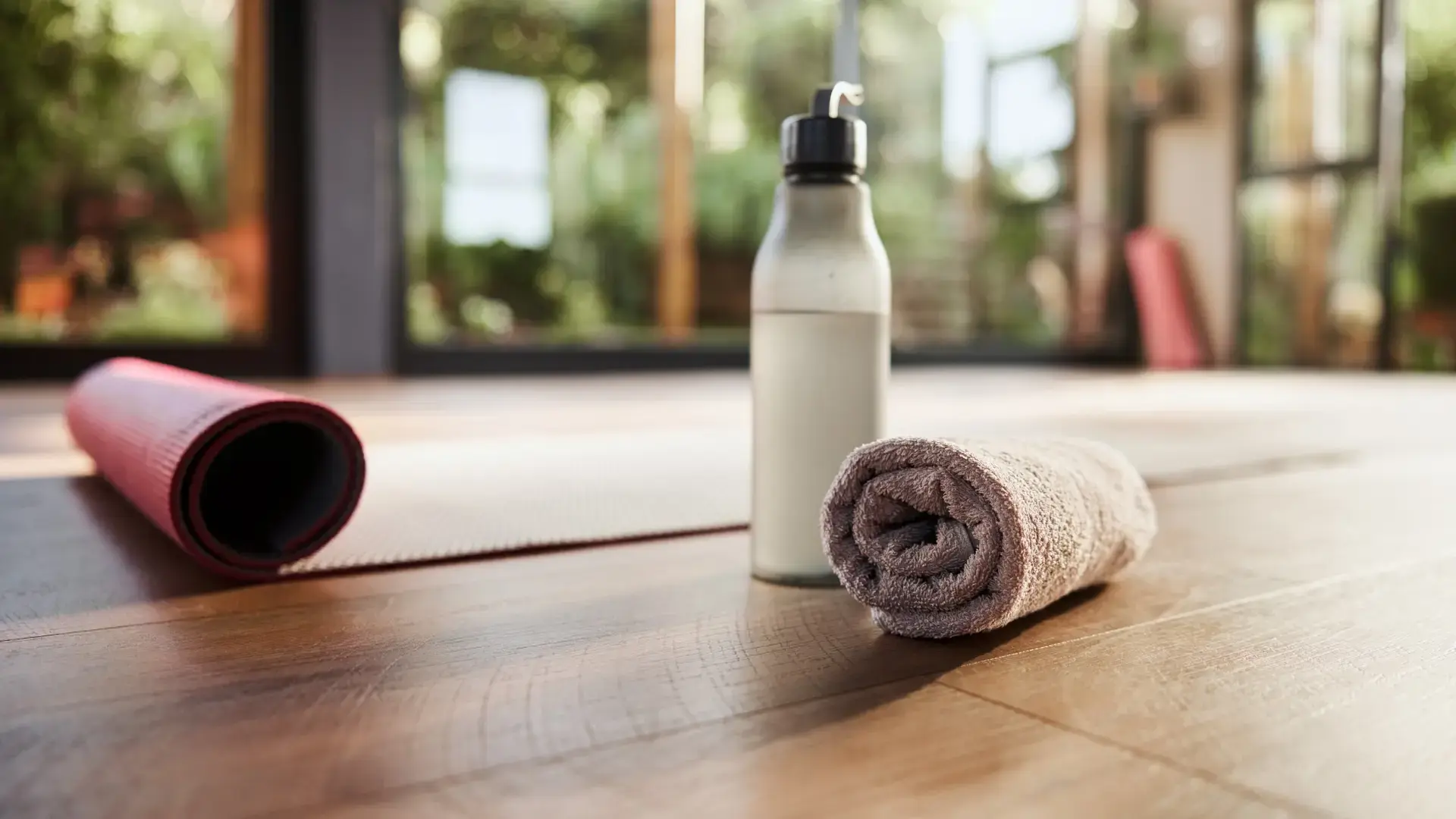We have a gut feeling that you know all about gut feeling. What you might not have heard of is the science behind it. With hundreds of millions of neurons (nerve cells that communicate with the whole body), lining your digestive tract, it’s no surprise our guts are called the second brain.
When we approach a decision intuitively, our brains and tummy “talk” to quickly access memories, past learnings, personal needs, and preferences to arrive at the wisest decision given the context. Is your gut telling you that things are not as they’re supposed to be? You’ve probably had that experience before—you just don’t know it.









